50+ Sample Storage Agreement
-
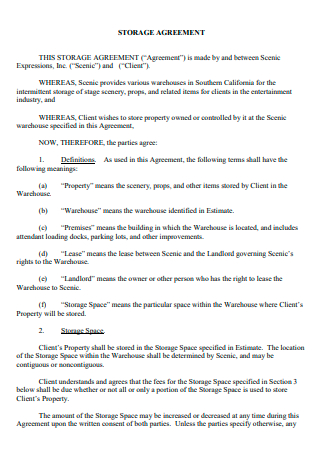
Storage Agreement Template
download now -
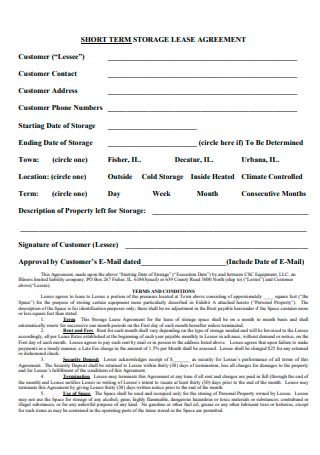
Short-Term Storage Lease Agreement
download now -
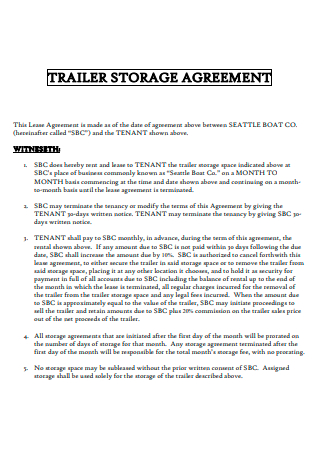
Trailer Storage Agreement
download now -
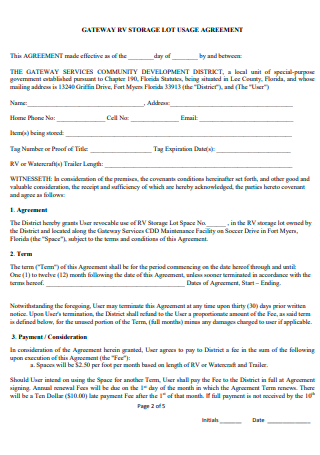
Storage Usage Agreement
download now -
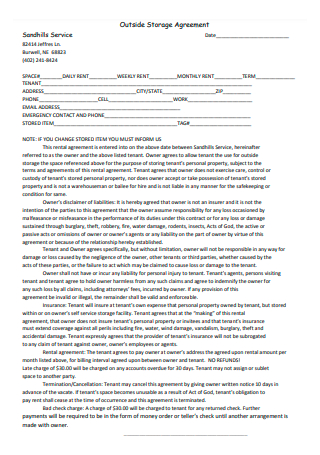
Outside Storage Agreement
download now -
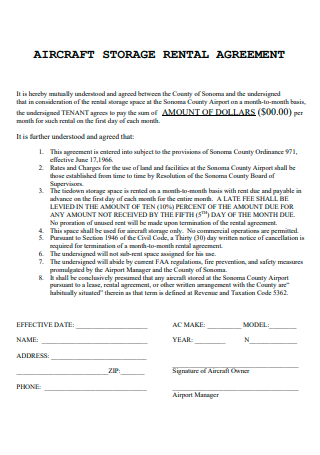
Aircraft Storage Rental Agreement
download now -
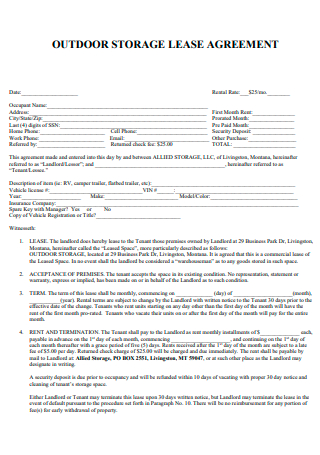
Outdoor Storage Lease Agreement
download now -
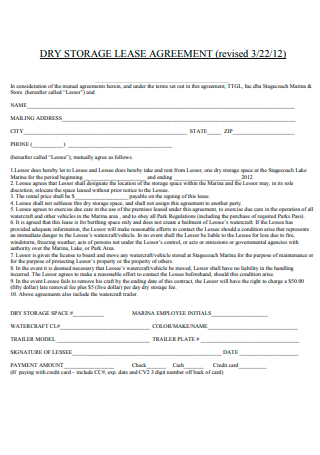
Dry Storage Lease Agreement
download now -
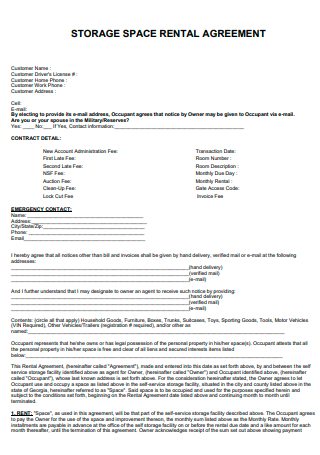
Storage Space Rental Agreement
download now -
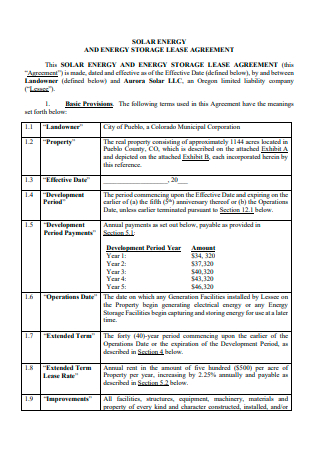
Solar Energy and Storage Lease Agreement
download now -
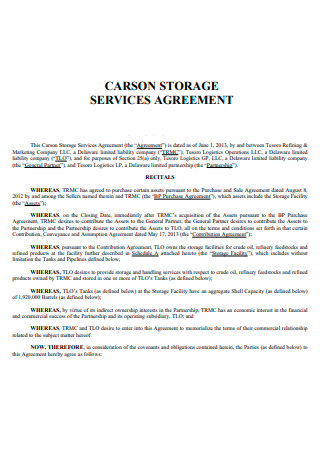
Storage Services Agreement
download now -
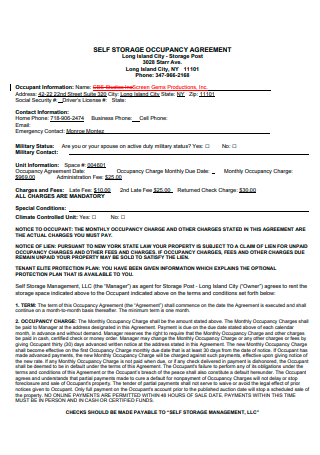
Self Storage Occupancy Agreement
download now -
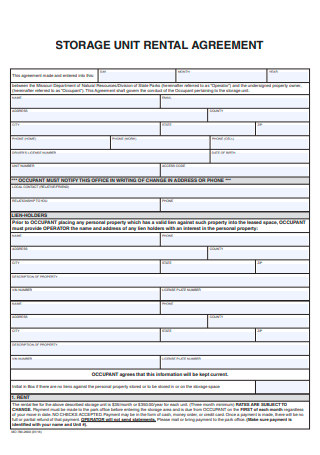
Storage Unit Rental Agreement
download now -
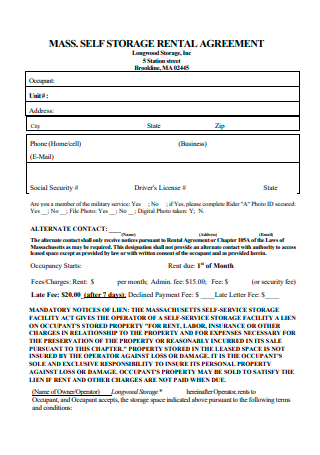
Self Storage Rental Agreement
download now -
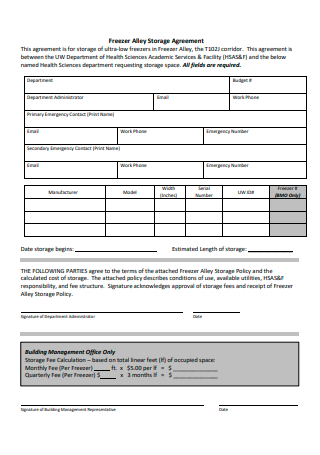
Basic Storage Agreement
download now -
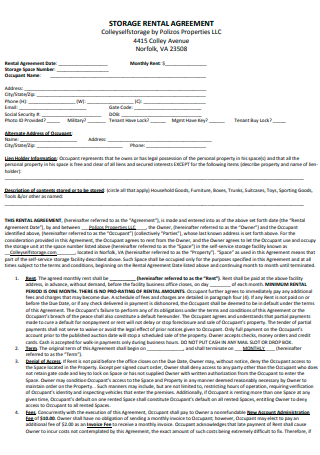
Storage Rental Agreement
download now -
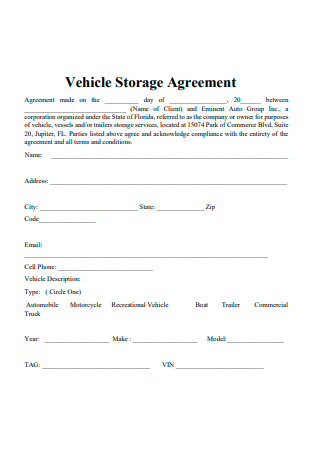
Vehicle Storage Agreement
download now -
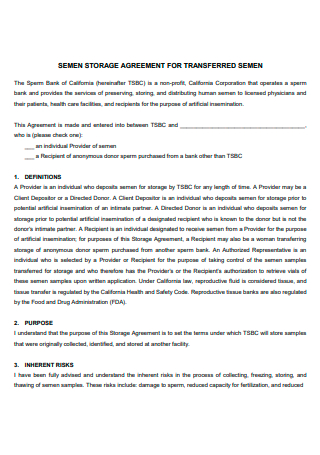
Simple Storage Agreement
download now -
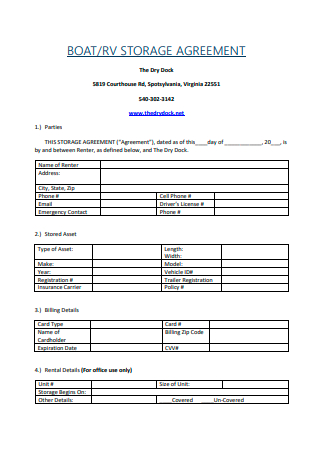
Boat Storage Agreement
download now -
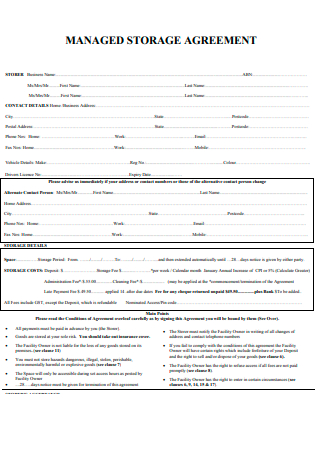
Managed Storage Agreement
download now -
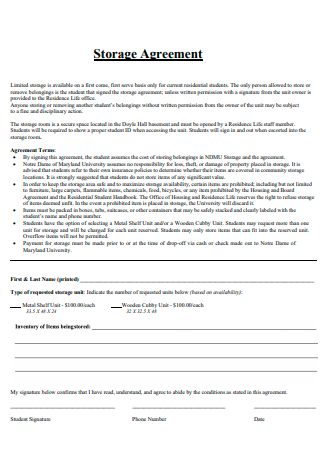
Storage Agreement in PDF
download now -
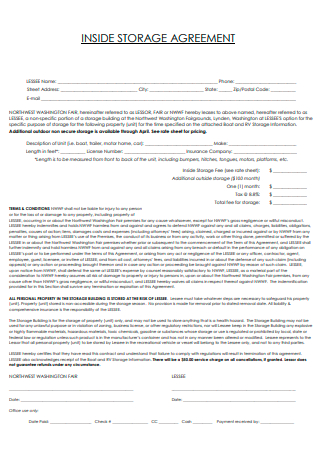
Inside Storage Agreement
download now -
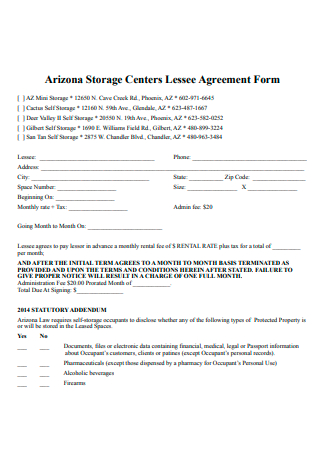
Storage Centers Agreement Form
download now -
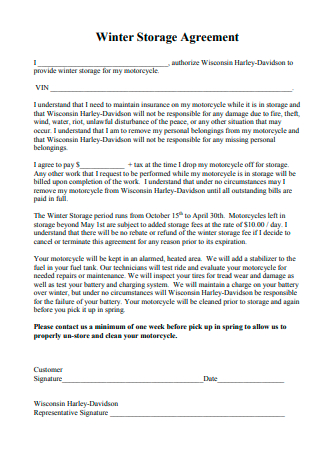
Winter Storage Agreement
download now -
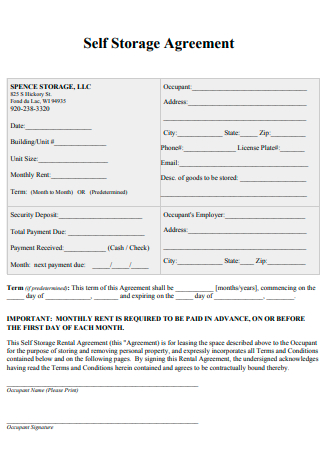
Self Storage Agreement
download now -
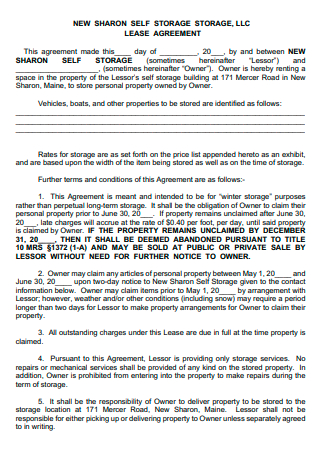
Self Storage Lease Agreement
download now -
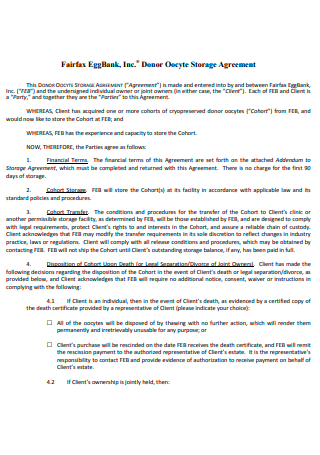
Donor Storage Agreement
download now -
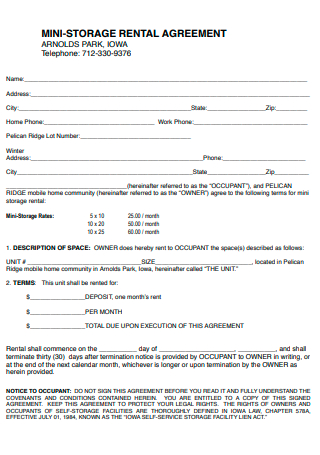
Mini-Storage Rental Agreement
download now -
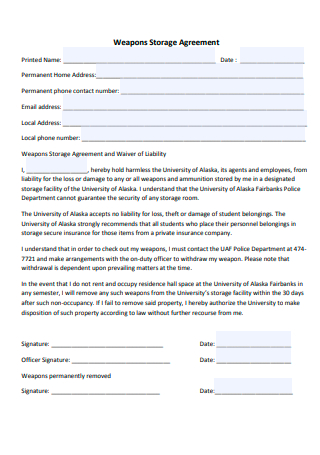
Weapons Storage Agreement
download now -
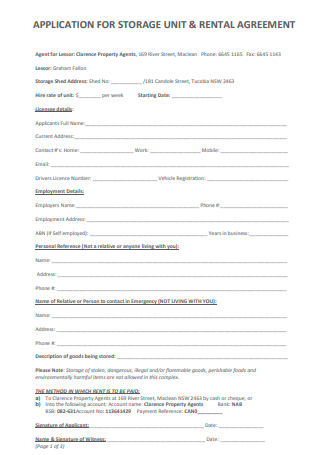
Application For Storage Unit and Rental Agreement
download now -
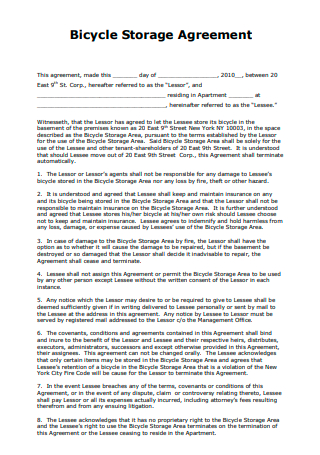
Bicycle Storage Agreement
download now -
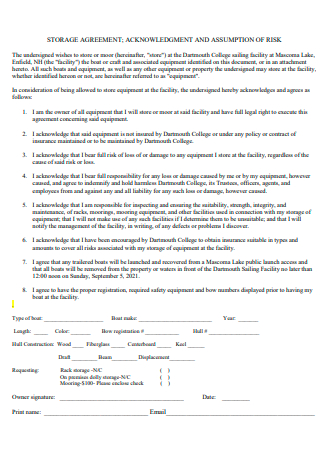
Printable Storage Agreement
download now -
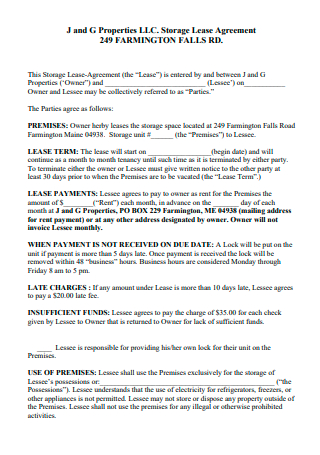
Storage Lease Agreement
download now -
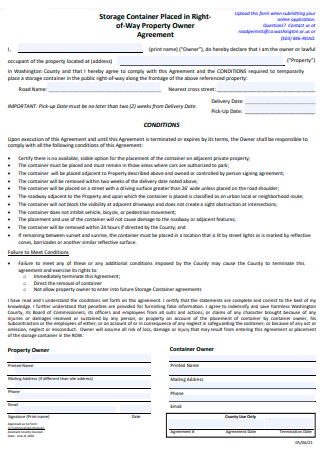
Storage Container Agreement
download now -
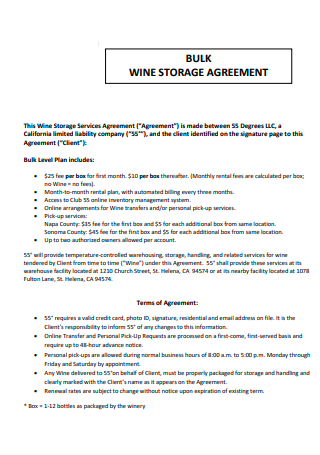
Bulk Wine Storage Agreement
download now -
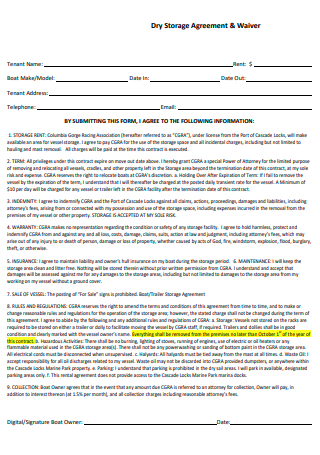
Dry Storage Agreement and Waiver
download now -
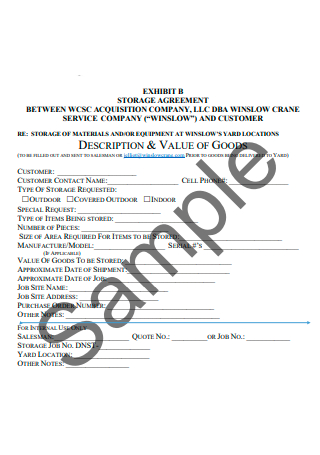
Sample Storage Agreement
download now -
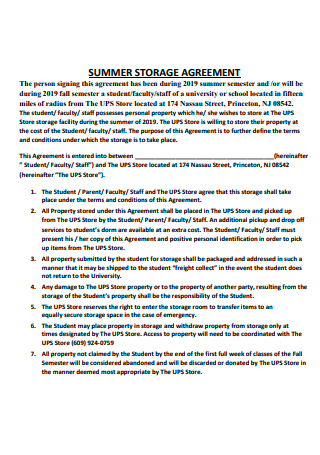
Summer Storage Agreement
download now -
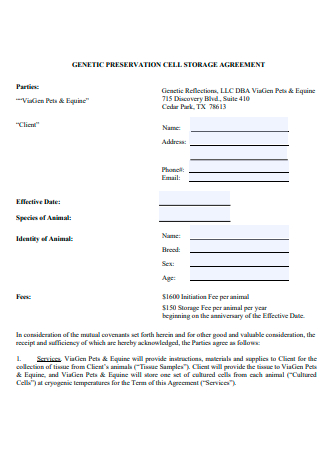
Genetic Preservation Cell Storage Agreement
download now -
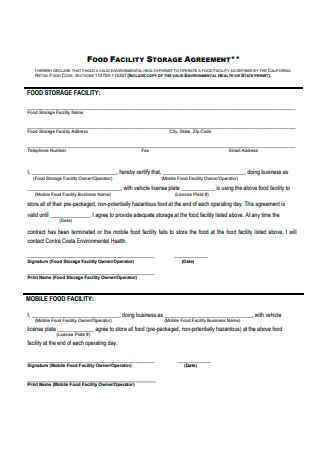
Food Facility Storage Agreement
download now -
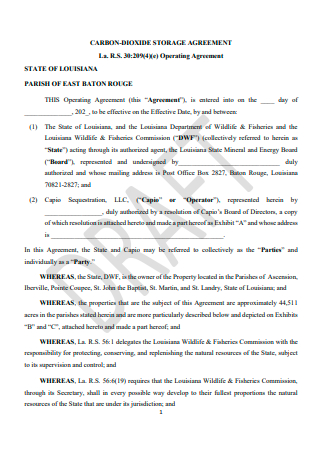
Draft Storage Agreement
download now -
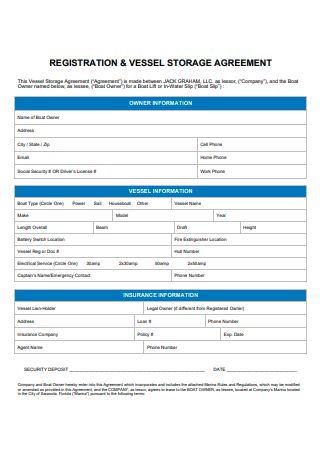
Registration and Vessel Storage Agreement
download now -
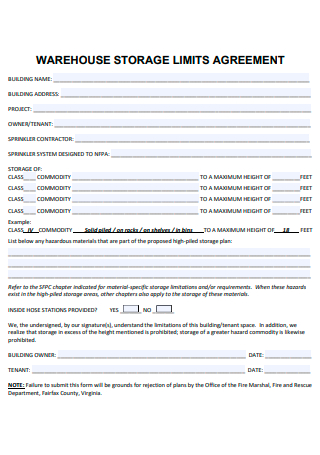
Ware House Storage Limits Agreement
download now -
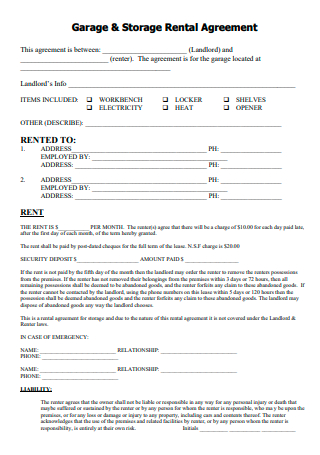
Garage and Storage Rental Agreement
download now -
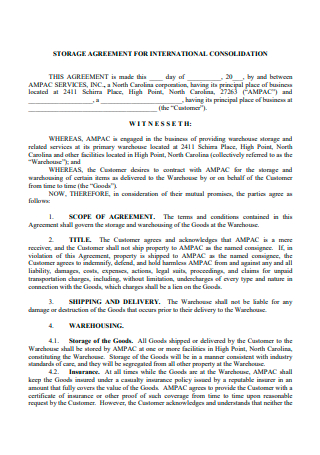
Storage Agreement For International Consolidation
download now -
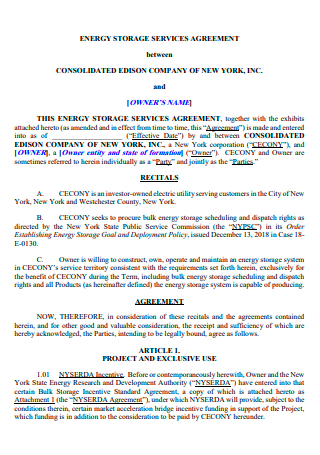
Energy Storage Services Agreement
download now -
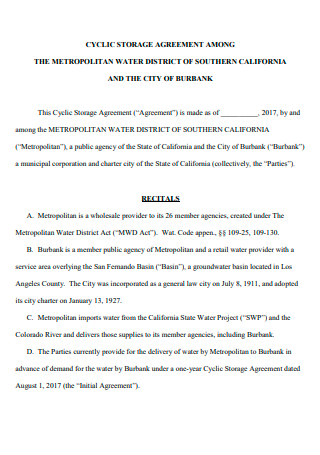
Cyclic Storage Agreement
download now -
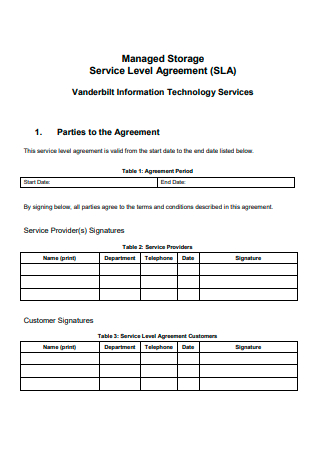
Managed Storage Service Level Agreement
download now -
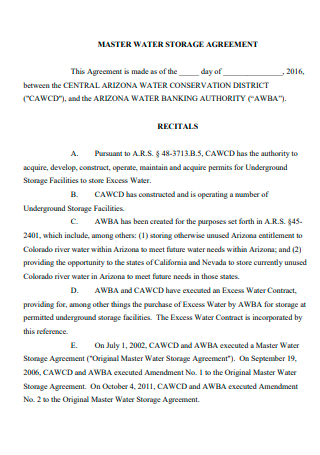
Master Water Storage Agreement
download now -
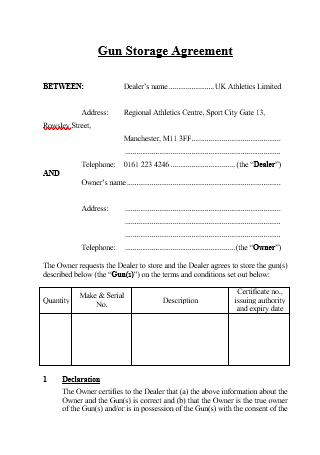
Gun Storage Agreement
download now -
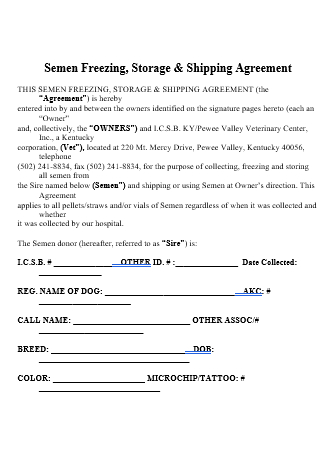
Storage and Shipping Agreement
download now
FREE Storage Agreement s to Download
50+ Sample Storage Agreement
What IS a Storage Agreement?
Importance of Having a Written Business Agreement
How to Make a Storage Agreement
FAQs
What is an indemnification clause?
What is a force majeure provision?
What are some of the common types of business contracts?
What IS a Storage Agreement?
A storage agreement is a binding piece of lease agreement when a lessee (an individual, group, or company) agrees with the lessor to rent out storage space. The storage agreement, akin to a contract, is a pretty straightforward agreement, in which the terms and conditions laid out are pretty simple. The terms and conditions in the agreement are usually already laid out by the lessor as part of the business lease procedures and are not negotiated. It is either a yes or a no, a take it or leave it process. As such, the agreement contains all the duties and obligations of both the lessor and the lessee, and also contains stipulations and provisions that protect their rights either as the business owner or as the customer.
Importance of Having a Written Business Agreement
First off, is there any difference between a business agreement and a business contract? What’s all the buzz about using these two terms interchangeably? What word is the right word to use in specific situations? The confusion lies in that we often misconstrued agreements as contracts. Agreements, technically speaking, are the foundation for any kind of contract. The catch here is that there are informal and formal kinds of agreements. An informal agreement doesn’t need to be written down. Just a nod or a handshake will do. Formal agreements usually lead to the creation of contracts. Depending on the state, or the country, formal agreements, especially the written ones, often hold up in court as a legally binding obligation, as long as there are legal stipulations included in a formal agreement. Agreements are the first step to a business relationship agreement that eventually leads to the formation of a contract. But why are businesses using a written agreement in the first place?
How to Make a Storage Agreement
As we have mentioned, a storage agreement is a pretty straightforward document. It provides the details, the obligations, the provisions, and the terms and conditions involved when renting a storage space. Each party involved is given copies of the written agreement. Most states regard a written agreement as a binding legal document, or as a legally binding service contract, especially if it’s a business agreement. Hence, with all kinds of legally binding documents, there should be fundamentally a format to follow when creating a written agreement. Note that written agreements are generally governed and applicable by individual states in which it was made. If there are no formats available to follow, a written agreement must be written as concisely and as clearly as possible, preferably avoiding the use of jargon words. And preferably as well, a written agreement should contain the following essential elements to it for it to be effective.
-
1. Parties Involved and Purpose of the Agreement
The top part of the document should state the kind of agreement and the purpose of the agreement. If the business is about providing services, then the nature and scope of the service should be described. If the business is about products and goods, then a description of the type of goods, the quantity or volume, and any other physical attributes of the products or goods should be described as well. In this instance, since this is a storage space agreement, then a brief description of the storage renting services should be indicated. The details of the parties agreeing are included as well. Oftentimes, a storage business is a rental type of trade. Hence, the parties are often indicated in the agreement as lessor as the owner or the company’s name, and the lessee, the customer availing the storage space. The names indicated should be complete and legal. Also included are their contact details, such as address and contact numbers, and including where the agreement was made and signed.
-
2. Terms of Service Agreement
What makes an agreement enforceable, legally binding? It is the mutual meeting of minds over an exchange of considerations. The terms of service agreement section are exactly what represents that part of the business relationship: the considerations. Often called terms and conditions, this section of the agreement takes into consideration what exactly is the service being provided. In this case, the storage renting service. The terms of agreement of the storage service should contain the physical details of the storage, as well as the responsibilities and obligations that came along with the rental service. This section should include the type of storage space (whether it is for frozen goods, dry goods, et cetera), the size and built of the storage, the location of the storage (box number, shelf number, cabinet or locker number, container number, and so on), the room temperature of the storage (if applicable), the maintenance of the storage space, the items that will be put inside the storage space, how long is the duration of the rent, the type of security available in the facility, the schedule of the storage facility, and all other duties and obligations that the business owner offer and that was availed by the customer. It should also be stipulated that the purpose is for storage only. Therefore, the business is not responsible at any point, or even won’t allow, live creatures to be stored that would certainly affect the conditions of the storage space or facility. Also as an added stipulation, almost all legal or legitimate storage business owners would add that dangerous, hazardous, or illegal substances should not be allowed to be brought in, or are not allowed to be stored on the facility. Part of the terms also contains how long the storage space is to be used. It could be on a daily, monthly, or annual basis. If the storage use period has expired, and the lessee hasn’t yet emptied the storage space, conditions on how the items inside the storage will be disposed of or removed are also provided. The details of maintaining the storage space can be included in this section or as a separate line. Maintaining, or maintenance is how the storage space is being kept, used, or cleaned. The kinds of damages and who is responsible for those damages to the storage space are also mentioned here, whether the damage was part of the fixture before the lessee started using the storage, or that the damage occurred due to the wear and tear, or its usage. The conditions and notification procedure on how to report said damages are also provided here.
-
3. Rent Amount and Security Deposit
The monetary exchange conditions in a written agreement are usually done as a separate section or line to emphasize the payment method. This section states the agreed rent amount to be paid, including the terms of payment. Terms of payment could be done either as a one-time payment or on an installment payment basis, as well as the due date, or the exact date or dates that the payment should be made. The method of payment can also be included. It could be in the form of cash, checks, bank transfers, or online payment, through payment partner merchants, and so on. An agreement also mentions security deposits to be made, especially for a storage renting service. A security deposit is the stated amount to be given to the business owner as a guarantee that you will fulfill the obligations as a lessee, and also as a guarantee that you will return the storage space in the condition as it was when you first started using it, or leave the storage space in a good condition.
-
4. Termination Clause
A termination clause gives way for the lessee who wants to terminate the agreement. Likewise, the business owner can terminate the agreement if the terms of the transaction were not met. A written notice to terminate the agreement is usually given days before the actual expiration of the agreement, giving enough time for the lessee to vacate or clean out the storage space. Typically, a termination clause provides the details or events on which grounds the agreement can be terminated, ending whatever binding or legal obligation both parties have on the written agreement.
-
5. Signatories of the Parties
The signatories of the parties involved make the whole agreement binding. In most cases, such written agreements can even be held within a court of law if there are disputes. Affixing the signatures signifies that the parties both agreed to whatever terms and conditions, stipulations, or provisions are written in the agreement. The signatures symbolize the start of the business relationship.
FAQs
What is an indemnification clause?
Written agreements, or contracts, often contain an indemnification clause. The purpose of an indemnification clause is to protect one party from liability if another party claims for damages or losses related to the storage agreement.
What is a force majeure provision?
A force majeure, by definition, means any unforeseeable circumstances that hinder the performance or fulfillment of a contractual obligation. Oftentimes, a force majeure event frees parties involved from any liabilities involved in a contract. Examples of force majeure are calamities, natural disasters, or what is known as acts of God, such as storms, tornadoes, hurricanes, earthquakes, tsunamis, volcanic eruptions, pandemics, epidemics, and even man-made incidents such as civil wars, revolutions, strikes, and any social unrests, fires and other hazards, and so on.
What are some of the common types of business contracts?
With a lot of business-types-crossovers, sometimes it’s hard to even keep up because the traditional way of doing business keeps on being innovated over the years. What remains, however, are the types of contracts being used in these business relationships since contracts need to remain constant if ever they were to be legally binding. Some of the common types of business contracts are general employment contracts, property and equipment contracts, partnership contracts, bill of sale, purchase orders, express contracts, and so on.
With over 2,000 locations, the Public Storage company has a lot on its plate when it comes to a smooth flow of its self-storage operating business. With effective business, marketing, and financial planning, the global storage company consistently maintains its spot as one of the top storage companies worldwide. So, how can such a big company ensure that its customers get their expectations and satisfaction when it comes to their storage needs? Well, it’s all guaranteed in a simple, yet very effective document known as the storage agreement.
Check out our storage agreement document now, and see how you can successfully make that agreement that guarantees the protection and satisfaction of your customers!
